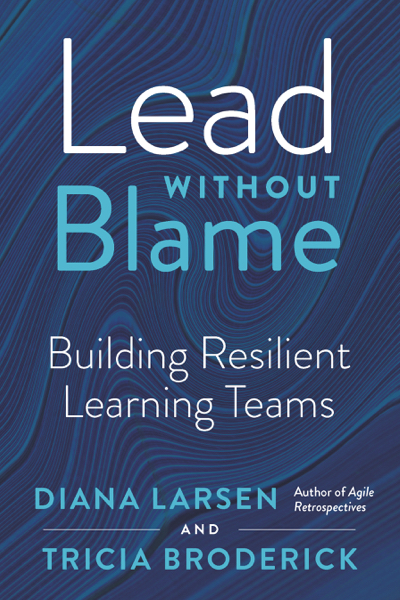For a long time I was torn on icebreakers. Despite understanding the value of getting people sharing and listening out of the gate, I struggled when facing icebreaker questions such as:
Discuss your favorite movies
- I want to work with you, not date you. I don’t care if we have the same movie taste. And I’m pretty sure that in our next conflict, I’m not going to use a Grease reference to help resolve our issue.
Share something that no one knows about you
- There is a reason no one knows that about me. I don’t want to share that.
Approaching icebreakers from the goal of initial sharing and listening is just lazy. Yes I said it… lazy. As a meeting facilitator, if that’s your only goal, you are missing out. They have so much more potential including helping participants develop a connection to the upcoming discussion and/or helping to set the overall meeting tone.
For example, you have a group of designers that are not functioning as a team. You’ve decided to work with the designers to establish a team charter/norms. You begin the meeting by asking each person to think silently for a few minutes and then each person will share two pet peeves they have.
The answers will most likely be all over the map from driving habits to being on time. As the sharing occurs, typically moments of “me too” or even “oops, sorry” followed by laughter occurs.
You then have the opportunity to follow this icebreaker by making the connection to the need for team charters/norms by highlighting:
- Everyone is unique. We have different experiences, expectations, reactions and even annoyances. And our design team is comprised of unique people.
- What bothers one person may be completely fine for another. It’s important to remember that what annoys us, we own. They are MY pet peeves not everyone’s pet peeve. Learning these trigger situations for others does not magically happen. We need to share and learn about each other.
- Today we have the difficult but necessary task of defining our team charter, which will give us a good starting point to express our expectations of each other so we can function as a team. We might even be able to avoid some of our top pet peeve conflicts.
Plus throughout this icebreaker and transition period, the meeting tone has been set: this might be difficult and personal but we share more than we might realize. Maybe continuing the laughter will help us through the task at hand.
What ice breakers do you think should stay or go?





One Comment